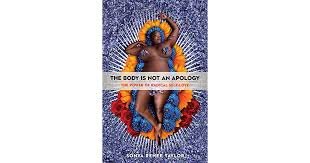Ep. 81: Getting Comfortable with Discomfort
EQ: How can educators intentionally make space for challenging and engaging conversations in the classroom, be it virtual, hybrid or in-person?
Guests:
Milton Reynold, a San Francisco Bay Area based career educator, author, equity and inclusion consultant and activist.
Stacey Kertsman, a veteran educator and has worked with schools and nonprofits around the country and internationally developing partnership-based programming for students and learners.
This episode is a continuation of a panel discussion with Milton, Stacey, & Hope “Engaging Conversations Online and Off” about why we should embrace challenging conversations in the classroom and how to facilitate these dialogues. One theme of the episode is how to hold complexity of thoughts and seeming contradictions when pursuing equity and justice in teaching and learning. We are often socialized for avoidance and white teachers are especially adept at this, particularly if the conversations include analysis of race. Another theme is what it takes to maintain a sense of urgency while also moving with the ebb and flow of the work. Instead of running towards simple solutions, educators need to grow capacity for discomfort and invest time into the process. Milton and Stacey leave us with practical advice for how to engage in the difficult conversations with ourselves, our colleagues, and our students in the new school year.
Related Reading:
Teaching Tolerance New Resources for Confronting White Nationalism
Castilleja School Core Anti-Racism Competencies
Do Your Fudging Homework:
Stacey---get proximate with someone and push your understanding
Milton--wrap your head around eugenics and read Eugenic Nation by Alexandra Minna Stern









